What is Deepgram?
Deepgram is a powerful speech recognition service that provides APIs to transcribe spoken language into written text. Leveraging advanced deep learning models, Deepgram can handle complex audio environments and diverse accents, supporting transcription in English and several other languages.
Key Features of the Deepgram API
- Real-Time and Pre-Recorded Transcription: Whether it's live audio streams or pre-recorded WAV files, the Deepgram API can transcribe both with impressive accuracy.
- Speech-to-Text and Text-to-Speech: Not only can Deepgram transcribe audio data, but it also supports text-to-speech functionalities, enabling apps to 'speak' back to users.
- Low Latency: When it comes to real-time transcription, latency is crucial. Deepgram ensures minimal delay, making it ideal for applications that require immediate feedback.
- Multiple Integrations: The API integrates seamlessly with various programming environments including Python, JavaScript, and Node, thanks to SDKs available on GitHub at deepgram/sdk.
- Customizable Workflows: Users can customize transcription workflows, including the ability to filter, summarize, and perform sentiment analysis on the transcribed text.
Getting Started with Deepgram
To begin using the Deepgram API, you'll need a Deepgram API key, which you can obtain by signing up on their platform at api.deepgram.com. The API's documentation (or "docs") provides a comprehensive guide to making your first API call, setting up authentication headers, and understanding the scopes of what you can achieve.
Use Cases
The flexibility of the Deepgram API lends itself to a multitude of applications:
- Customer Support: Transcribe and analyze customer calls in real time to improve service and gather insights.
- Media: Automatically generate subtitles for audio and video content.
- Education: Convert lectures and classes into searchable, editable text for easier access and study.
- Healthcare: Transcribe doctor-patient conversations for better record-keeping and compliance.
Deepgram's SDKs and Code Examples
For developers, Deepgram provides SDKs that simplify the integration of its API into existing apps. Available for Python and JavaScript, these SDKs can be found on GitHub and are supported by a vibrant developer community. Code examples show how to handle audio data, manage API calls asynchronously (async), and deal with metadata effectively.
Advanced Features
Deepgram goes beyond basic transcription:
- Metadata Extraction: Extract useful information such as speaker identification and sentiment from speech.
- Custom Models: Train custom models for specialized vocabulary or environments, enhancing accuracy for specific needs.
- Microsoft Integrations: Deepgram's compatibility with Microsoft products ensures it can be integrated into workflows that use Microsoft's ecosystem, enhancing productivity.
Whether it's enhancing the customer experience, streamlining workflows, or simply converting speech to text, the Deepgram API stands out as a versatile and powerful tool in the realm of speech recognition technology. With its comprehensive documentation, easy-to-use SDKs, and supportive community, Deepgram is paving the way for innovative audio data handling and transcription solutions.
Frequently Asked Questions
The Deepgram API is used for real-time and pre-recorded audio transcription, converting speech to text using powerful speech recognition technology for various applications.
Deepgram transcription is highly accurate, leveraging advanced deep learning models to handle diverse accents and challenging audio environments.
Google's speech recognition API is not completely free; it offers a limited amount of free usage, after which fees apply based on the amount of audio processed.
Deepgram uses custom deep learning models optimized for real-time and pre-recorded audio transcription, capable of handling complex audio streams and multiple integrations.





